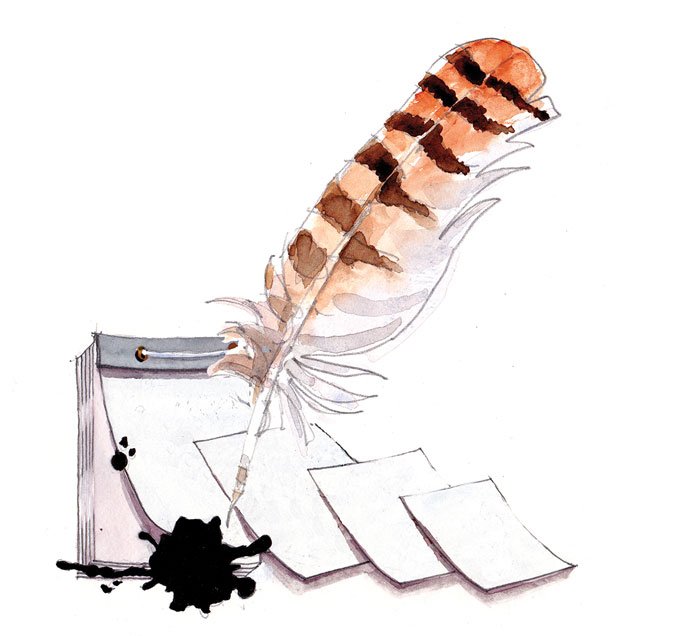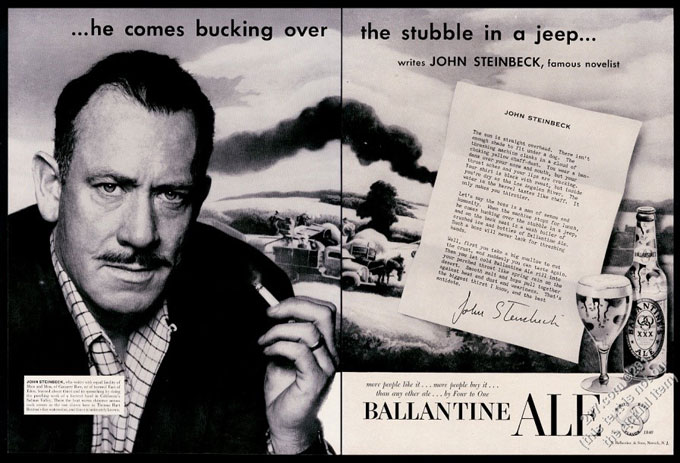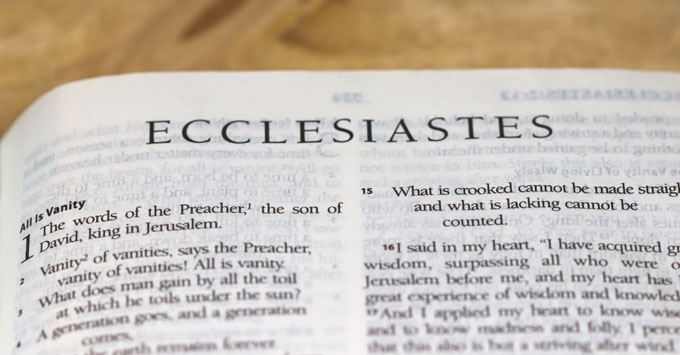The 80 year milestone of John Steinbeck’s best seller, the Holy Week fire that burned through Notre-Dame in Paris, and civic controversies in Sag Harbor sent a crowd of commentators scurrying back to their copies of The Grapes of Wrath, published on April 14, 1939, and The Winter of Our Discontent, the 1961 novel Steinbeck set during Holy Week and over July the Fourth in mid-century America. The self-explanatory title of an edgy piece by Nicolaus Mills—“Why Steinbeck’s Masterpiece is Disturbingly Relevant to Trump’s America”—appeared on the Daily Beast politics site on the eve of the anniversary of The Grapes of Wrath. “A Song Calling to a New Day”—a more serene appreciation of the novel—posted from the Zen priest James Ford at Monkey Mind, a Buddhism blog site, at the same time. “Seeking redemption a timeless tale”—an April 20 Tulsa World column by Ginnie Graham—drew on Notre-Dame, Dickens, and Steinbeck to look on the bright side of things, followed by a less sanguine piece in the McAlester News-Capital—“’The Grapes of Wrath’ begins in McAlester”—reminding readers that the governor of Oklahoma officially disinvited Steinbeck to their state in 1957. A review of James Agee’s 1951 novel Morning Watch by one Joseph Bottum posted at the right-wing news site Washington Free Press on April 20, recommending The Winter of Our Discontent as appropriate Holy Week reading for unhappy conservatives. The stew in Sag Harbor over a pothole believed to be mentioned in Steinbeck’s novel got the satire it deserved in a May 5 write-up in Dan’s Papers—“Sag Harbor Considers John Steinbeck Memorial Pothole Solutions”—that proved Steinbeck’s point about humor’s superiority to holiness.
Photograph by Christian Delbert courtesy Dan’s Papers.











